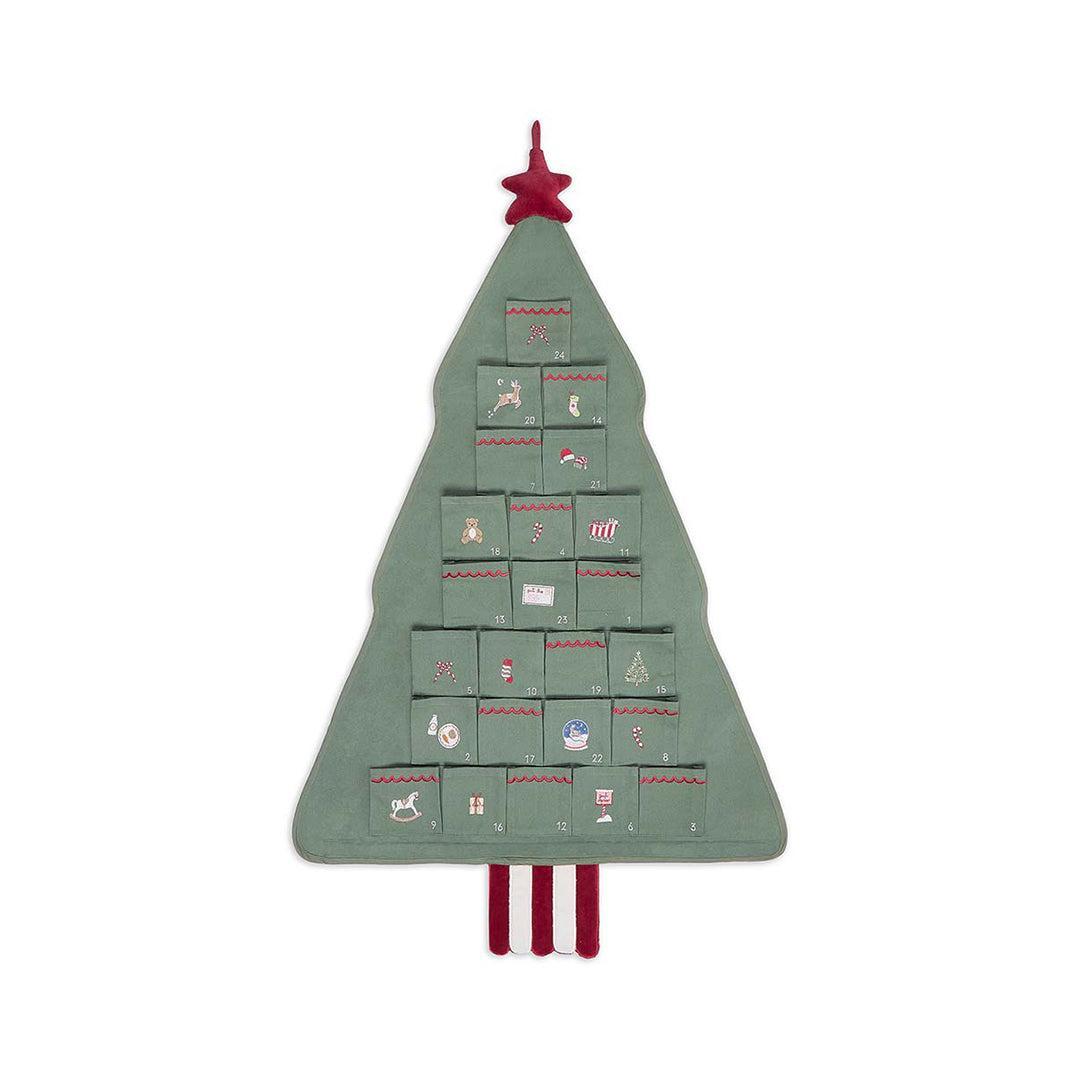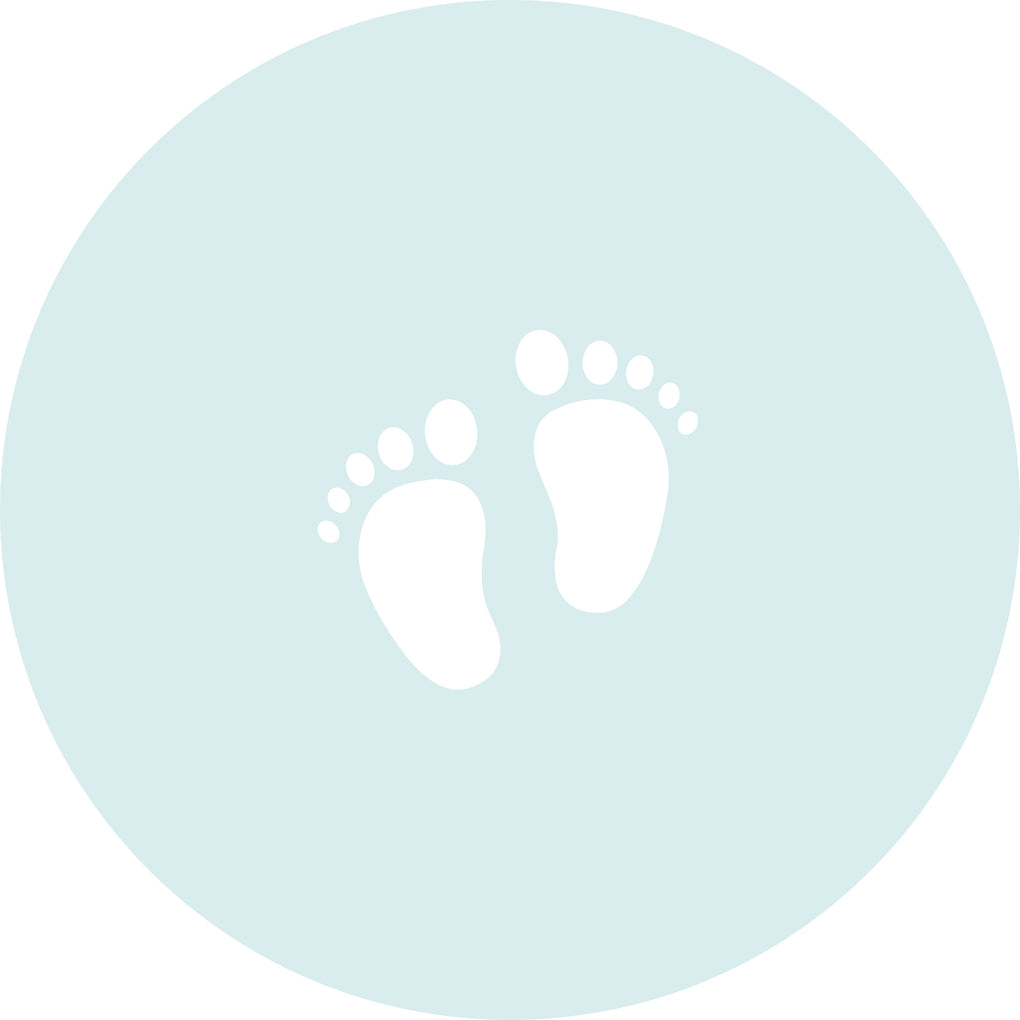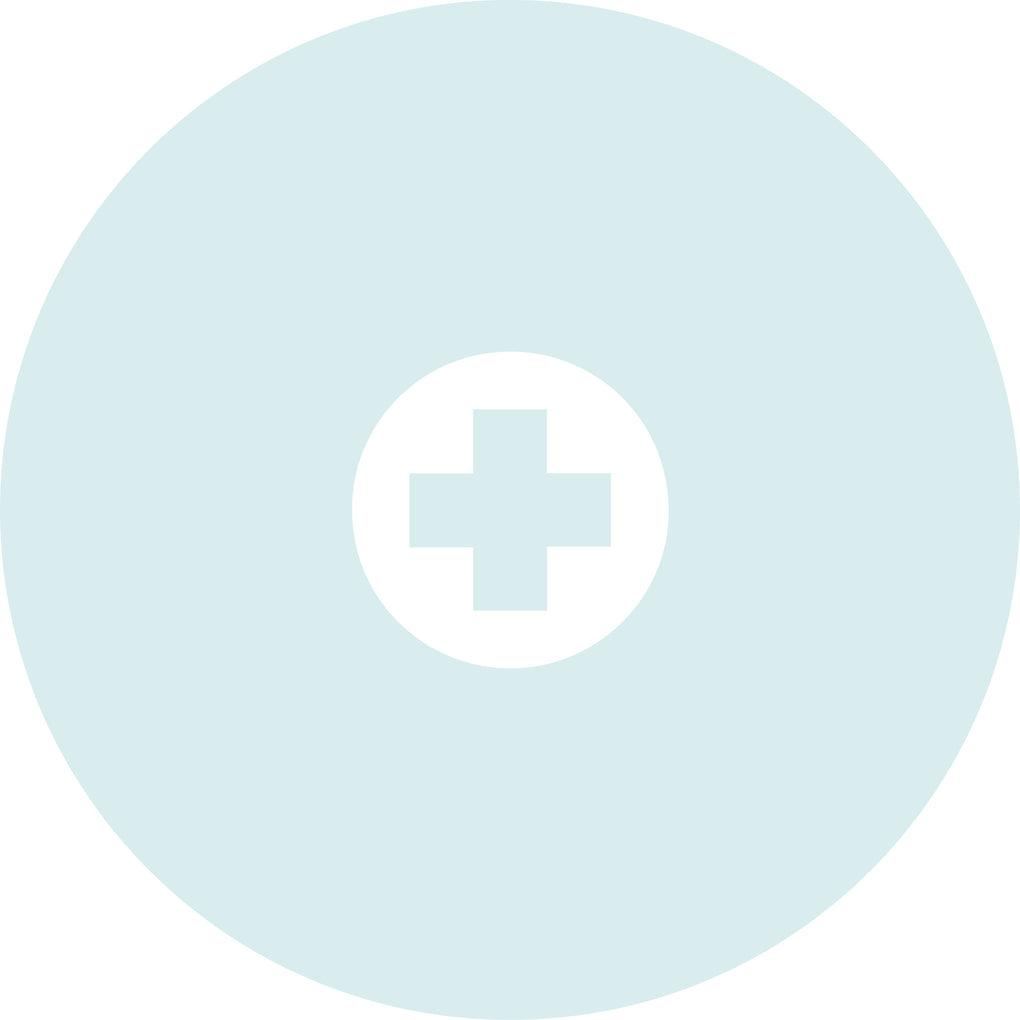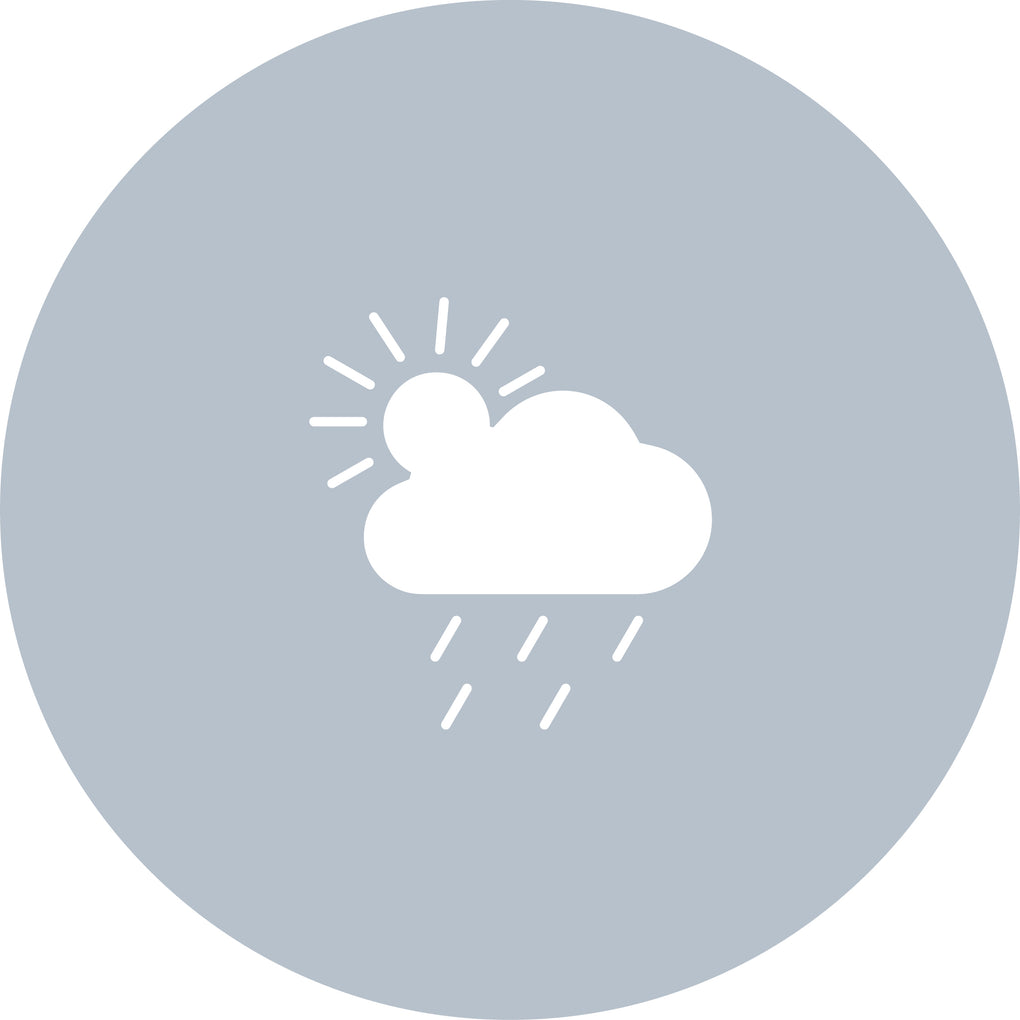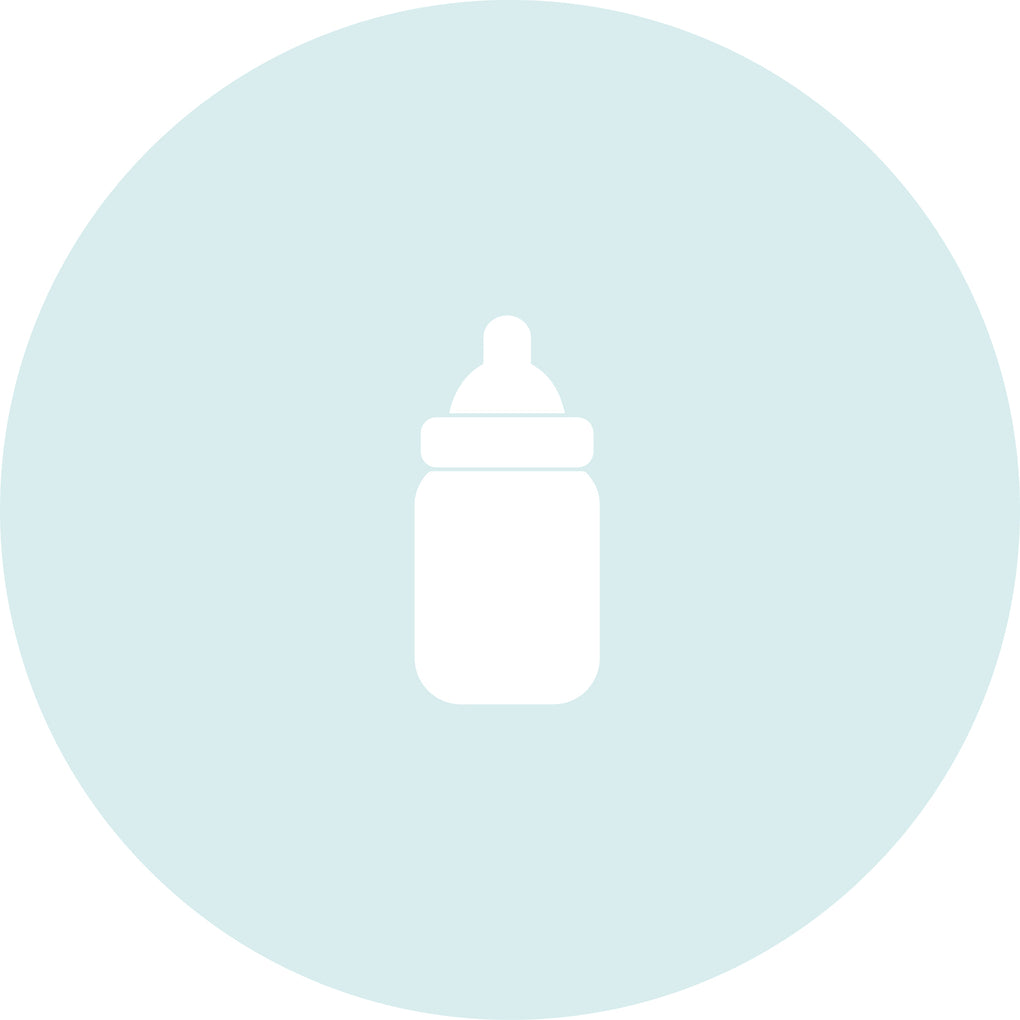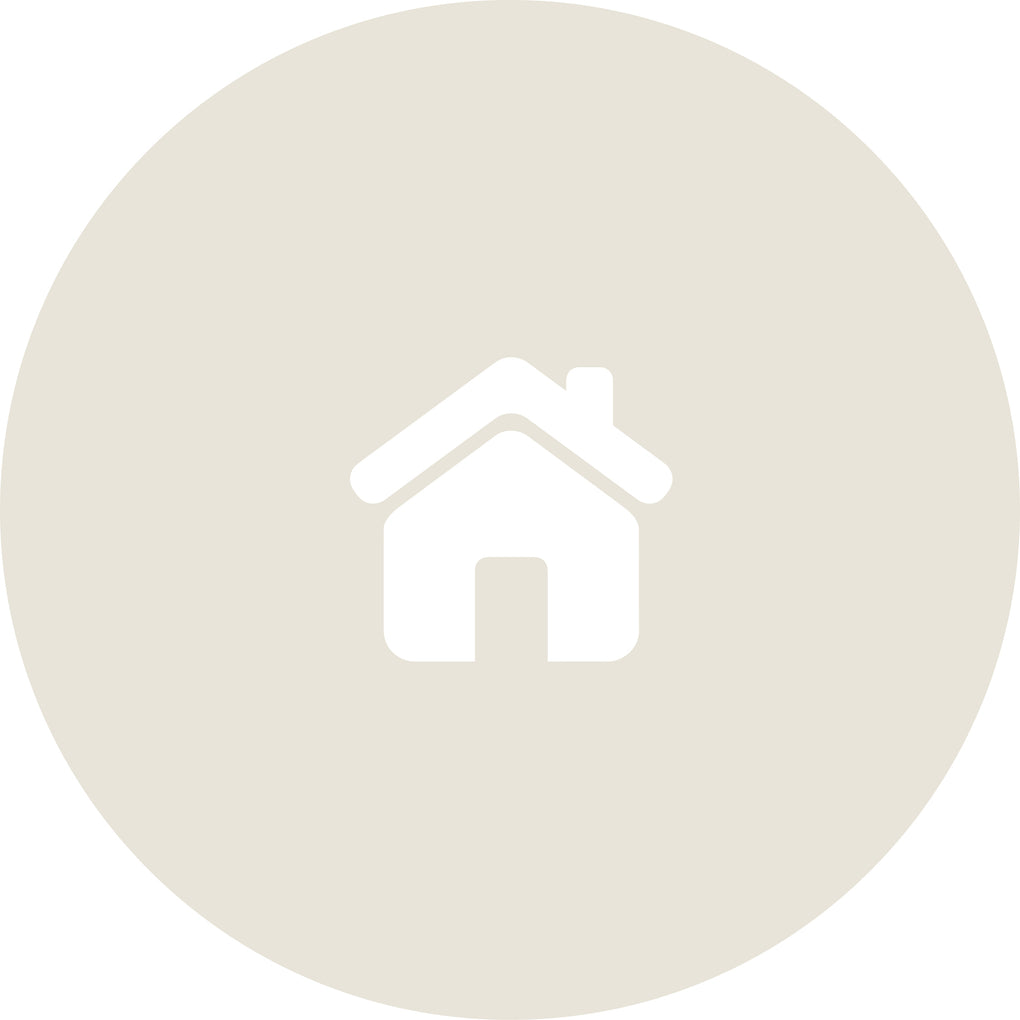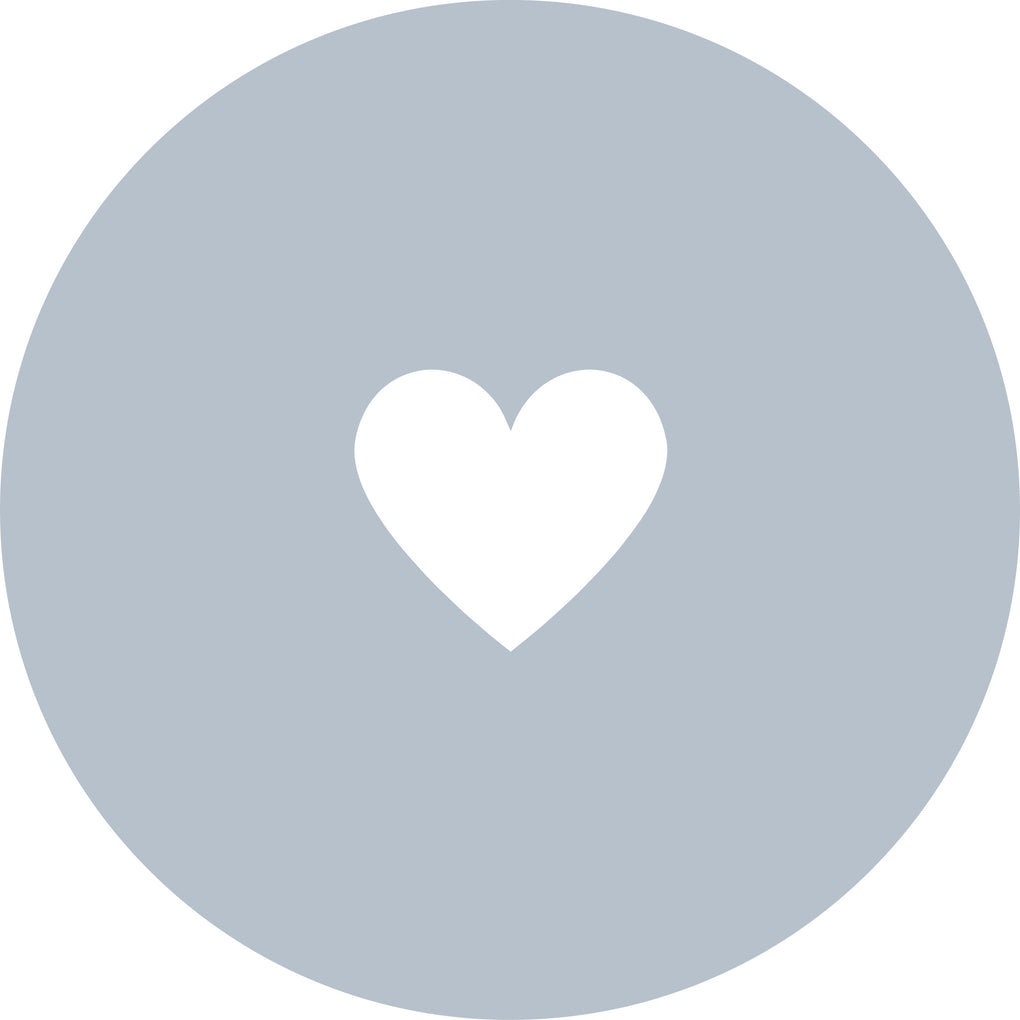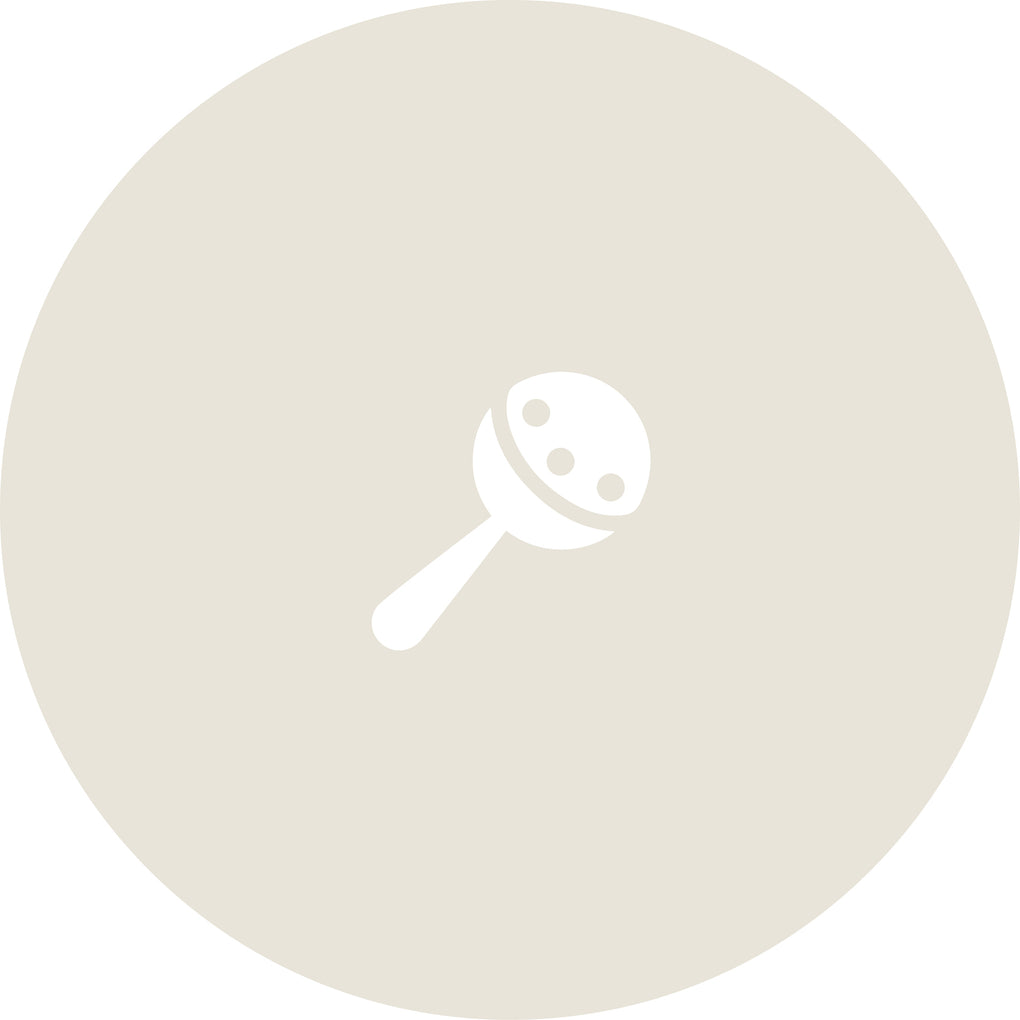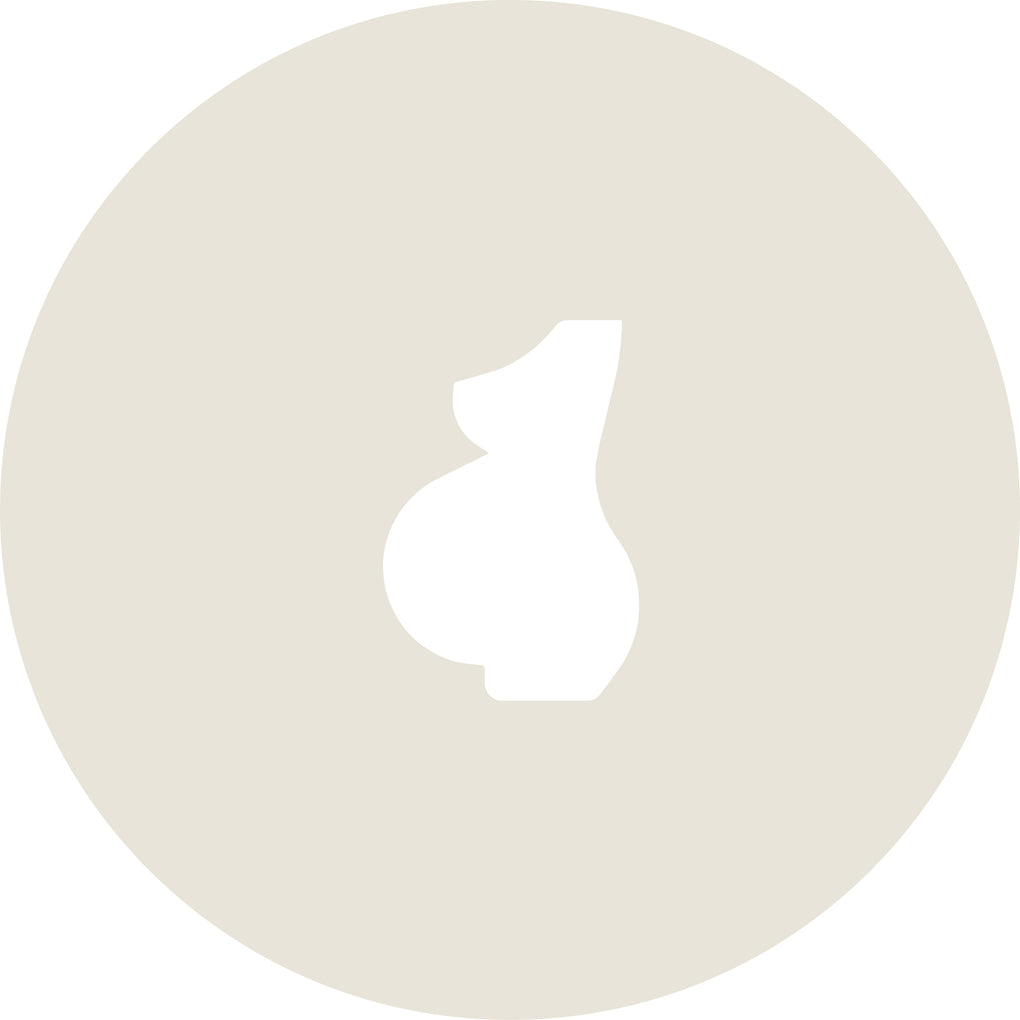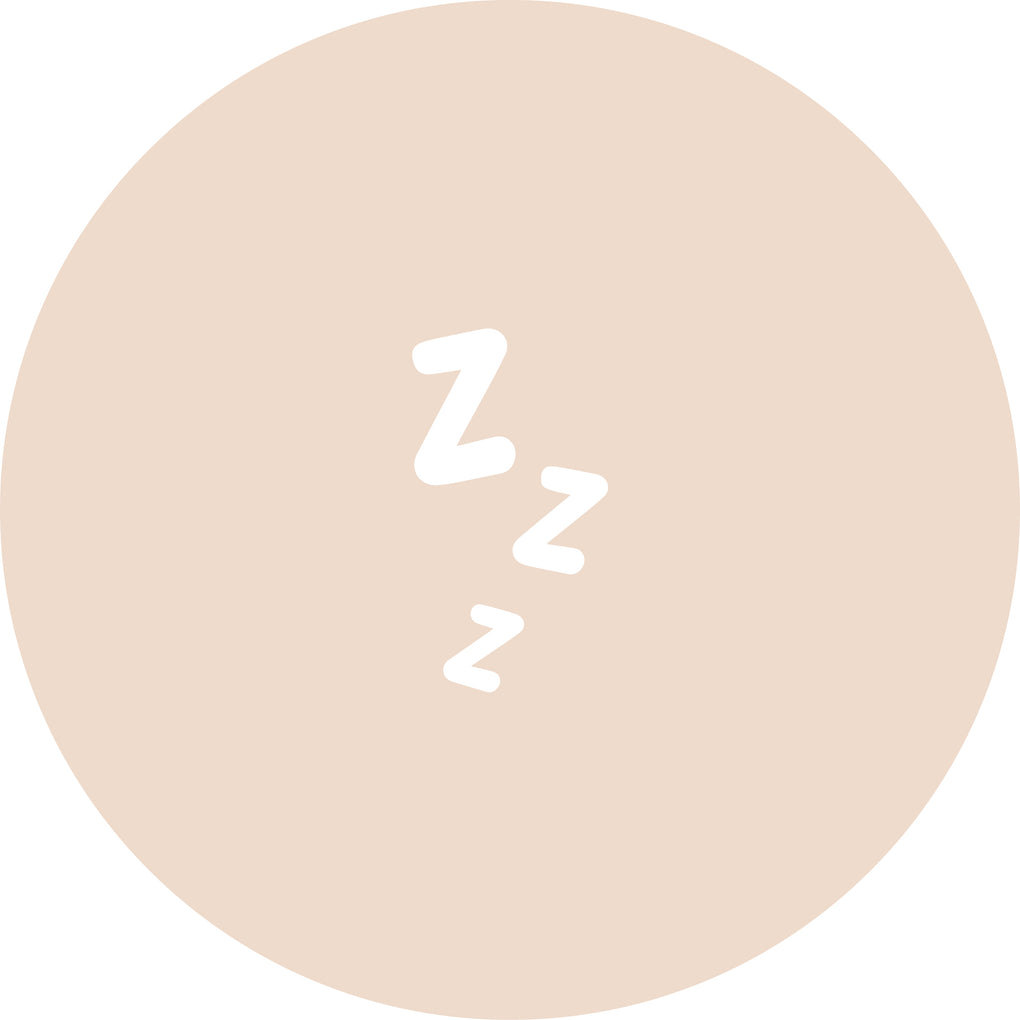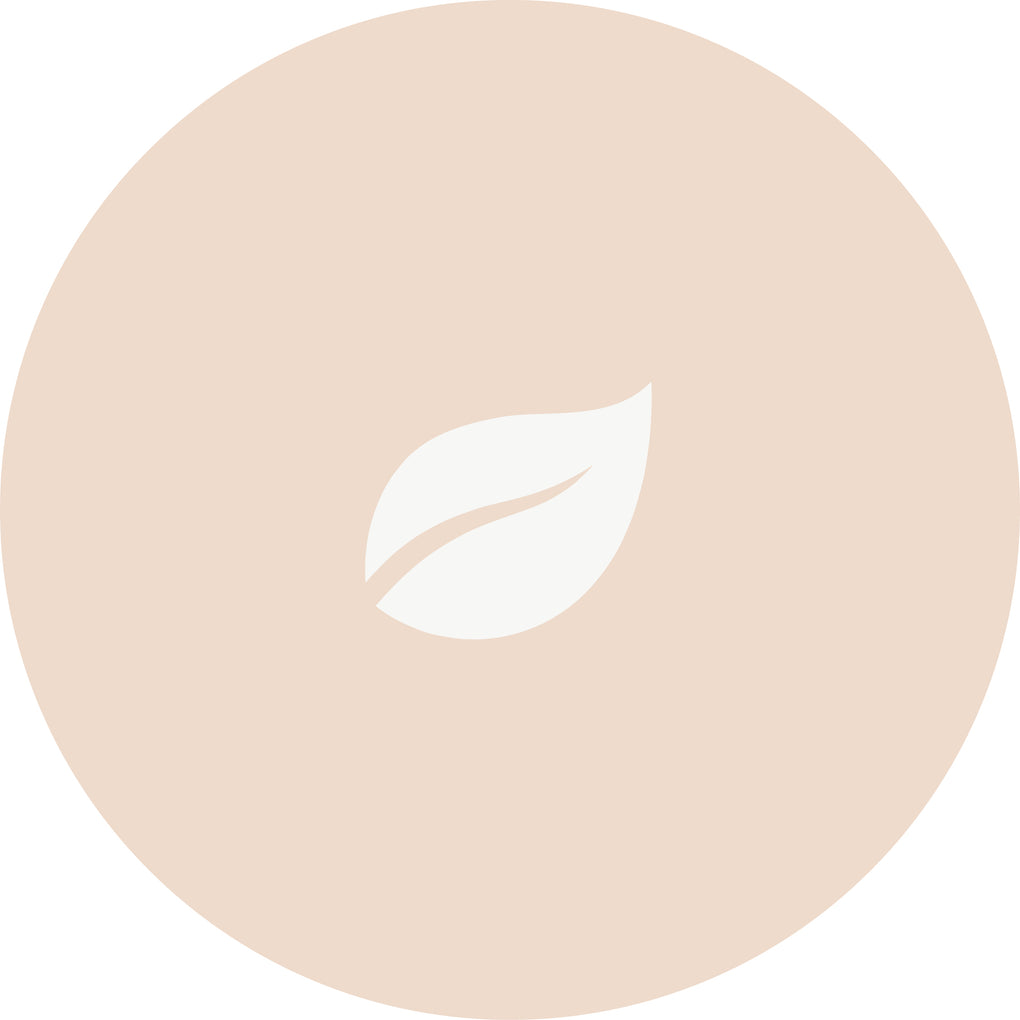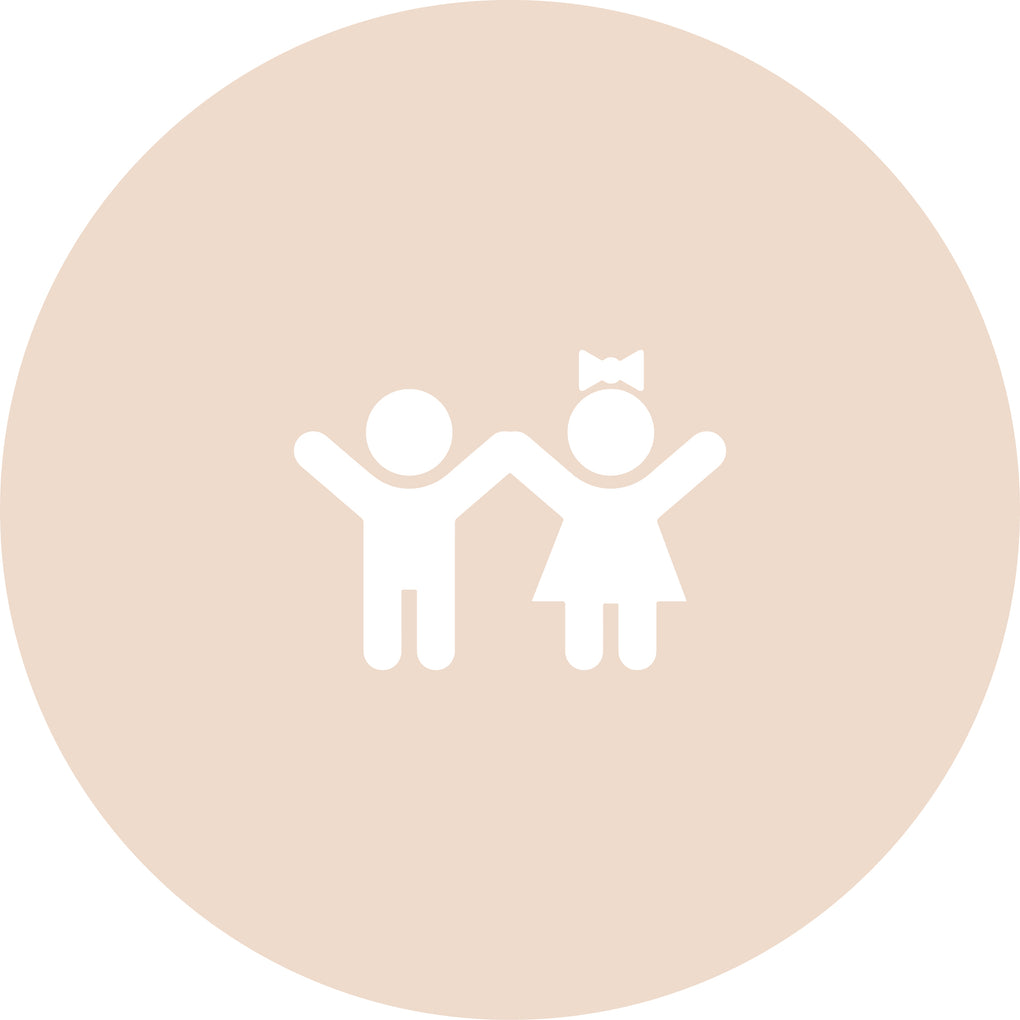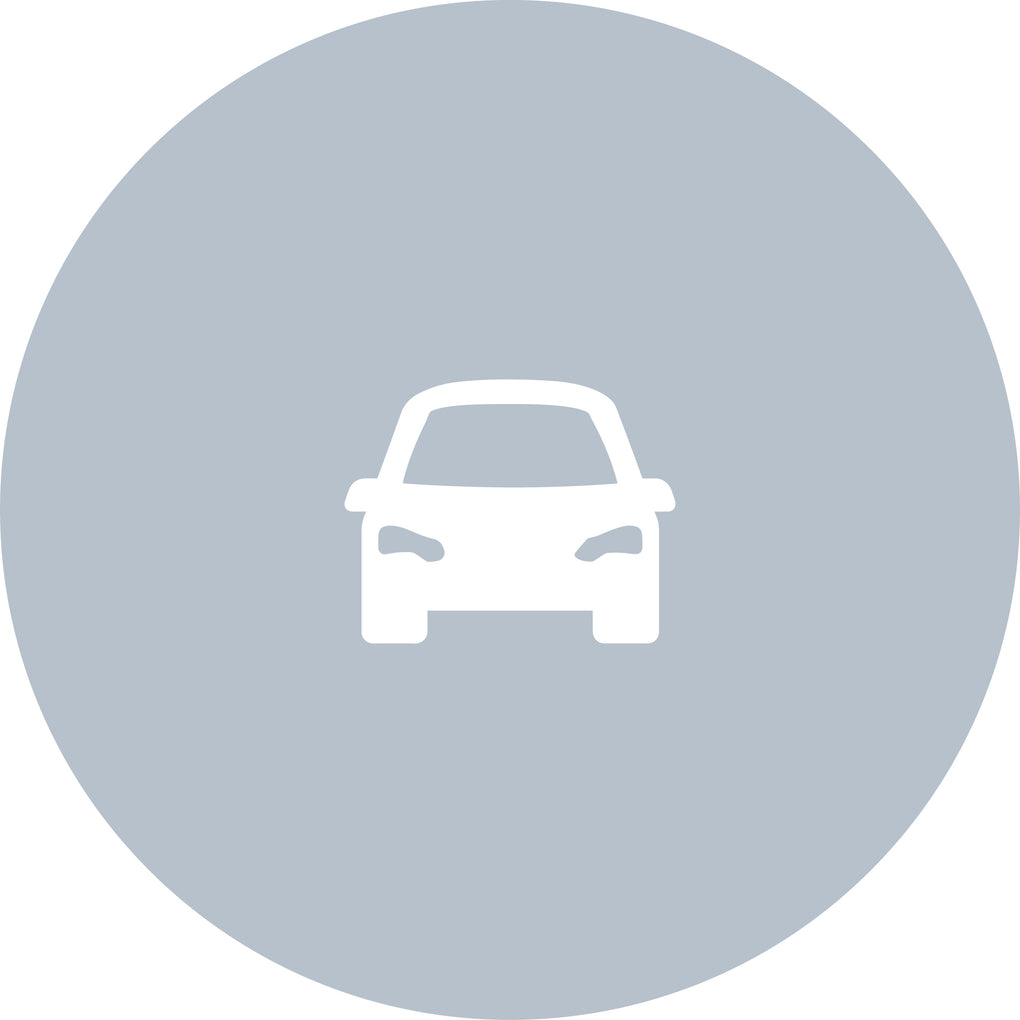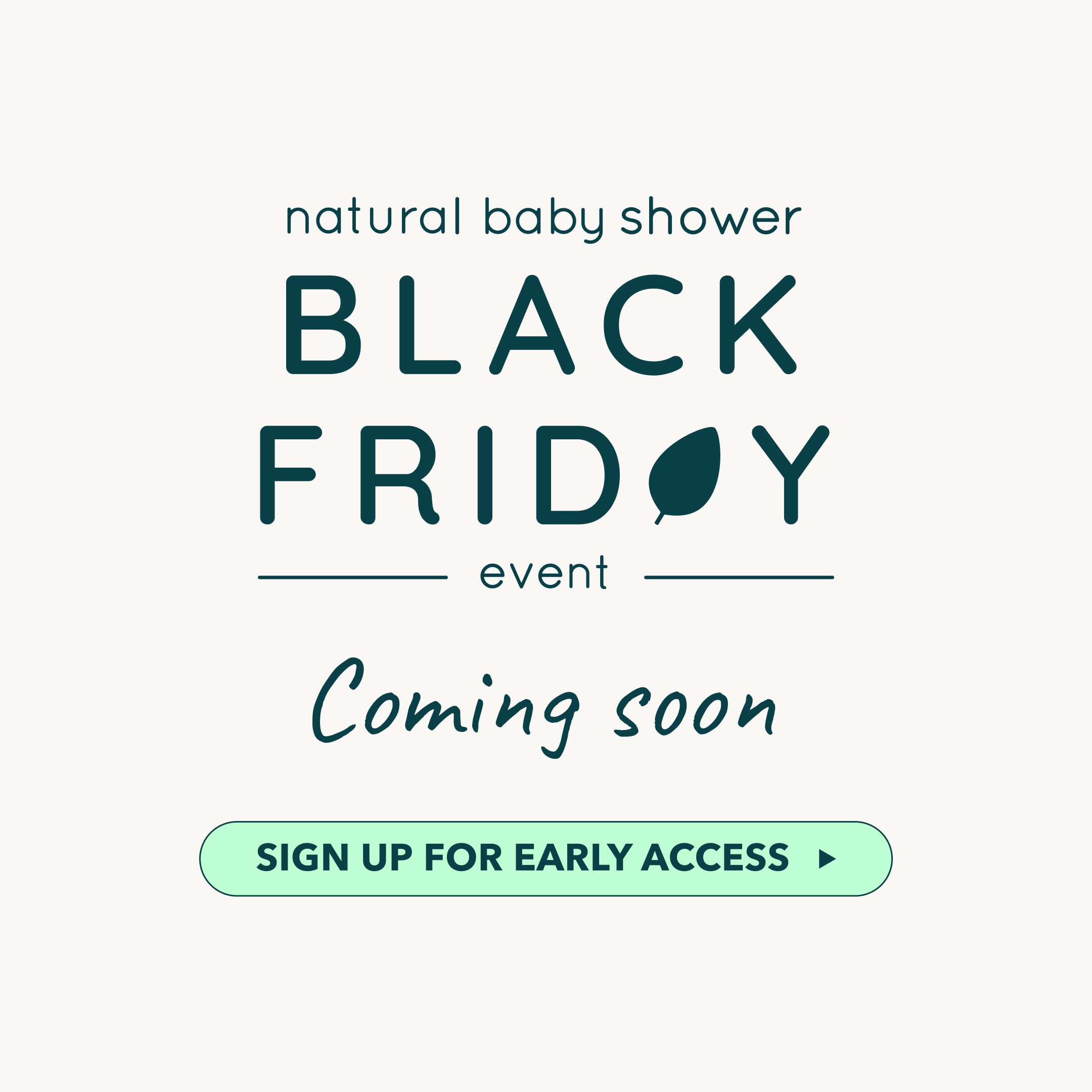The days are getting warmer, the sun is shining and it’s finally feeling like Summer. The whole of the UK rejoices, apart from those itchy nose and watery eyed hay fever sufferers. Hay fever is super common in older children and adults, but can your little one get it? The answer is yes, children of all ages can suffer from symptoms of hay fever.

What causes hay fever?
Hay fever is an allergy to pollen and is relatively common, in fact one in four of us suffer. The pollen irritates nasal passages, causing runny noses, sneezing and sore eyes.
Symptoms are worse from March to October, when there's more pollen in the air. If your baby is sneezing like this from November to February, they might have a different allergy: dust mites and pet hair are often to blame.
There are 3 main types of pollen triggers and they effect people through different months. Tree pollen is rife late March to May, Grass pollen is the most common trigger and is mainly May to July and Weed pollen tends to be June to September. Mostly people are only allergic to one type of pollen, so they don't feel their symptoms all the way through the season. An unlucky few are allergic to a lot of different types, so they suffer with stuffy noses from the first day of spring until autumn arrives.

What are the symptoms?
How can you tell if your baby has hay fever? Well hay fever symptoms in babies are very similar to hay fever symptoms in adults. A baby with hay fever may:
- Rub their eyes because they’re itchy
- Have red/watery eyes
- Runny nose (more of a clear mucus as apposed to a thick colours one)
- Sneeze more than normal, especially when outside
- Wheeze or display other asthma symptoms
Hay fever is seasonal and should only happen during the peak months of summer. So if your baby is suffering with these type of symptoms throughout the year then it’s possible something else is going on like an allergy. In this case, it’s best to see your GP and see if perhaps allergy testing is best.
Should you take them to the doctor?
Yes. It’s always best to get an accurate diagnosis. Your doctor will be able to determine if it is an allergy to pollen and not something else. However, most doctors will not prescribe any hay fever treatment such a piriton as these are not suitable for babies under 12months. For this reason a lot of the treatments that will help your little one cope with hay fever will be home remedies and some actions you can take to prevent irritation.

How can you help?
With most medication not being suitable for babies under 12 months, and some even until they are 12 years old what can you do to help? There are some actions you can take to help make your little one feel more comfortable and prevent them from feeling the full effects of hay fever season.
- Take note of the pollen count (metoffice.gov.uk) and keep your little one inside if it is high or if it is particularly windy.
- Don’t hang their clothes outside to dry during peak season. This will help prevent pollen from getting stuck in the fibres of their clothing.
- After your little one has been outside, change their clothes and wash their face, hair and hands with cool water to remove any pollen.
- Sunglasses and a wide brimmed hat are good products to help protect your little one from pollen.
- Gently pop a bit of baby-friendly balm like Vaseline around your babies nose. This will help prevent pollen from getting in and reduce irritation.
- Wash their face regularly with cold water to help soothe their red itchy eyes.
- We know it can be hard when it’s so warm outside but do try to keep the windows closed as much as possible to prevent pollen from getting inside the house. This is also important when driving in the car, perhaps use air conditioning instead.




